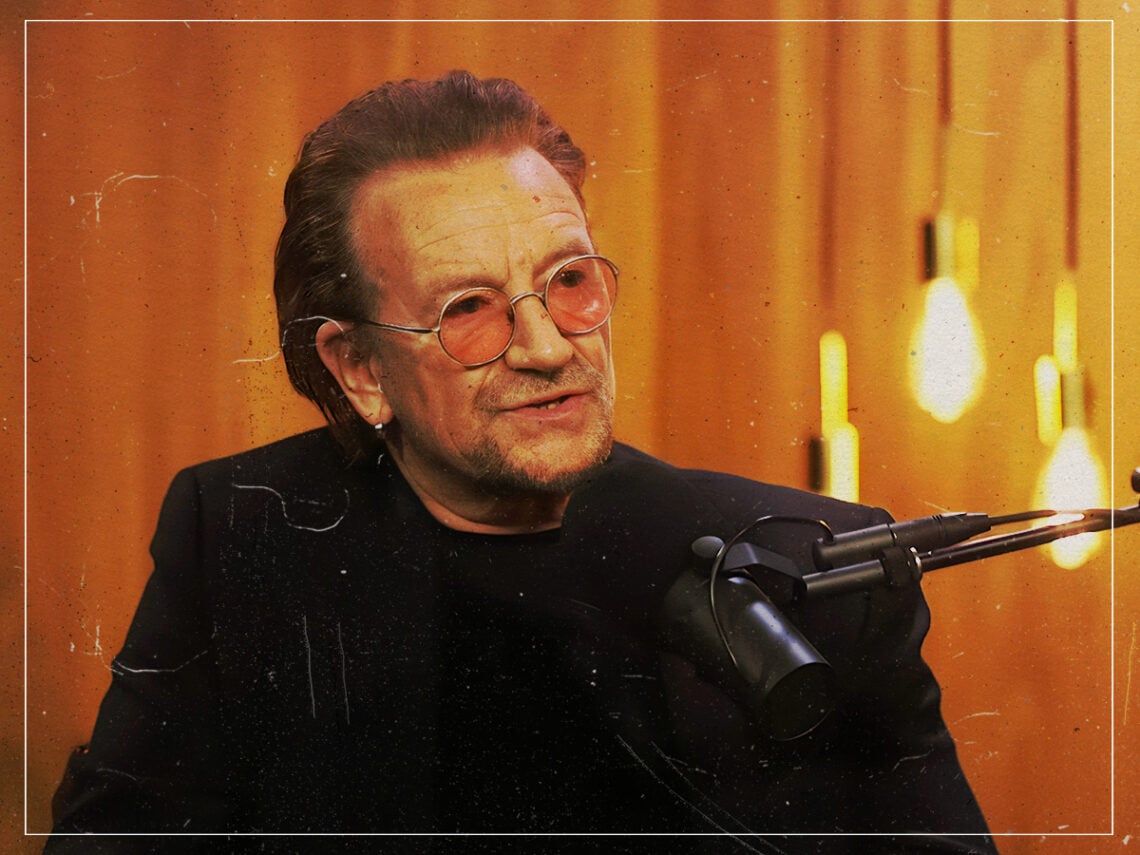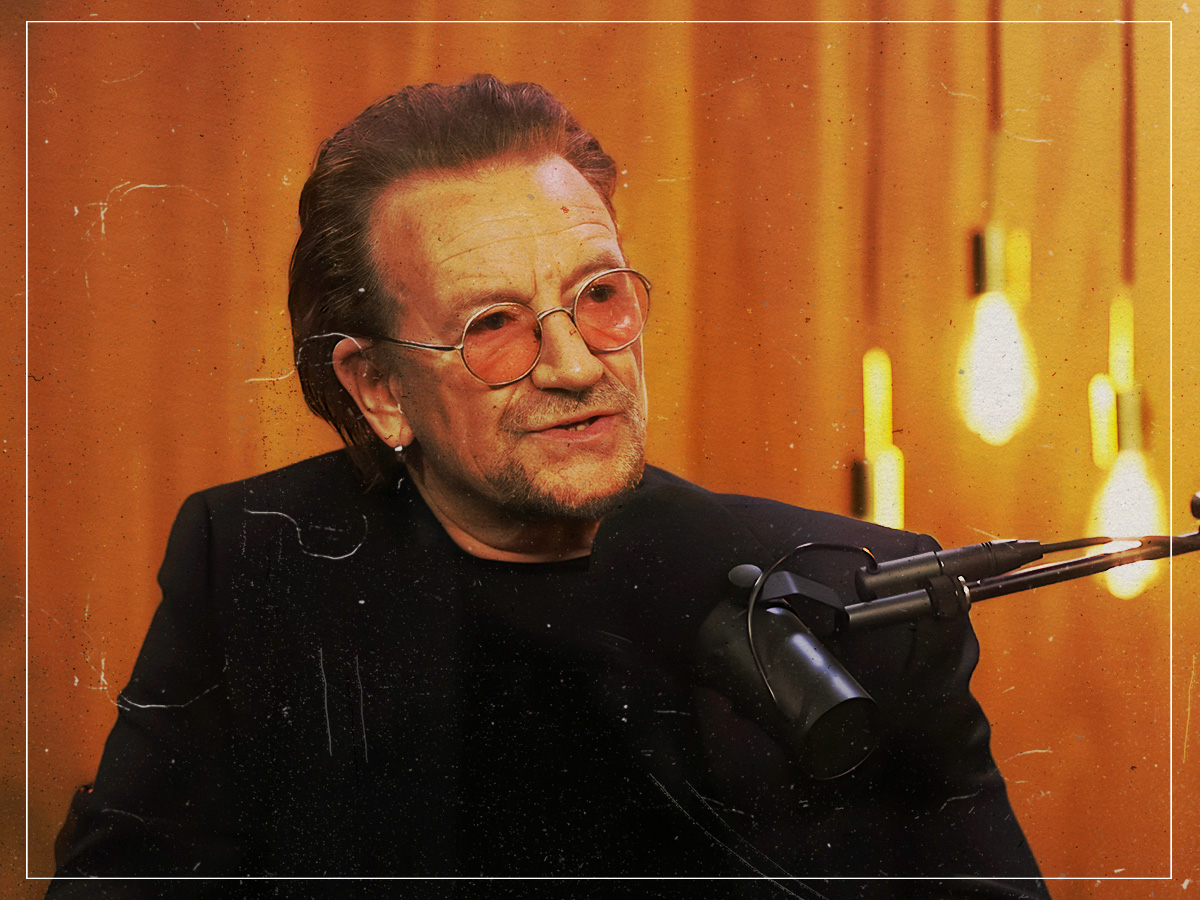
(Credits: Far Out / YouTube Still)
Sun 12 October 2025 11:00, UK
When they first came around, U2 were dismissed by many peers and audiences alike as a gimmick band. How wrong they were.
To be hounded with such labels on such a grand scale, you have to have earned a significant level of commercial success. U2 already had that, of course, but what people likely didn’t realise was that they were also far from the sonically one-dimensional operation people misinterpreted them as.
But a big part of this is making decisions that also end up under scrutiny. As a natural-born risk taker, Bono knows a thing or two about audiences changing their minds about whether they like you or not, and yet he still stands by most of the decisions that got them there in the first place, like the infamous iTunes situation. Which he still defends, by the way.
But it’s also easy to see why. Because, as we all know, any risk in the music industry is a big gamble. Artists take risks every day, some more successfully than others. And with the way Bono talks about his mishaps, as it were, it’s hard to even see them as mishaps at all. When he addressed Songs of Innocence, he packaged it up as something they did as a gift to fans. Which, in all honesty, is hard to argue with.
“We know a tiny fraction of people didn’t like it and found it offensive,” he said. “But the intent from Apple was a beautiful thing, because these are people who pay for music, and the gift was from Apple to them.” As annoying as it was, the intent behind it was to give out music for free to people who wanted to listen. Which is a fair strategy, even if the execution was undeniably irritating.
This thinking is all over U2’s catalogue like a strange mist you can’t avoid. In the more artistic or conceptual cases, it comes in the shape of them changing their approach or sound to go against all expectations and build on the universe they created. With The Joshua Tree, they departed from their “optimistic” tone to explore something more solemn which, as usual, Bono was equipped to defend at every turn.
“You could say this is forbidden ground for U2 because we’re the optimistic group,” he told Musician magazine in 1987. He explained that therein lies the artistic value – that “to be an optimist, you mustn’t be blind or deaf to the world around you.”
If that didn’t dispel U2’s one-dimensional allegations, his next line did: “I don’t even know what the act is in ‘Exit’. Some see it as murder, others a suicide, and I don’t mind. The rhythm of the words is nearly as important in conveying the state of mind. The album’s real strength is that though you travel through these deep tunnels and bleak landscapes, there’s a joy at the heart of it, and I can’t explain it.”
Incidentally, ‘Exit’ was actually one of their more ambitious affairs, drawing on The Executioner’s Song and In Cold Blood to paint a story from the perspective of a killer. But it was also a funnel for Bono’s views on violence, both looking out at America and the version of it that exists within him. Which, once again, if nothing else, proves just how deep and complicated U2 always were – even when they sounded optimistic. Because even in those moments, the cogs were always turning, and what came out the other side was art that both reflected and challenged modern society.
Related Topics

